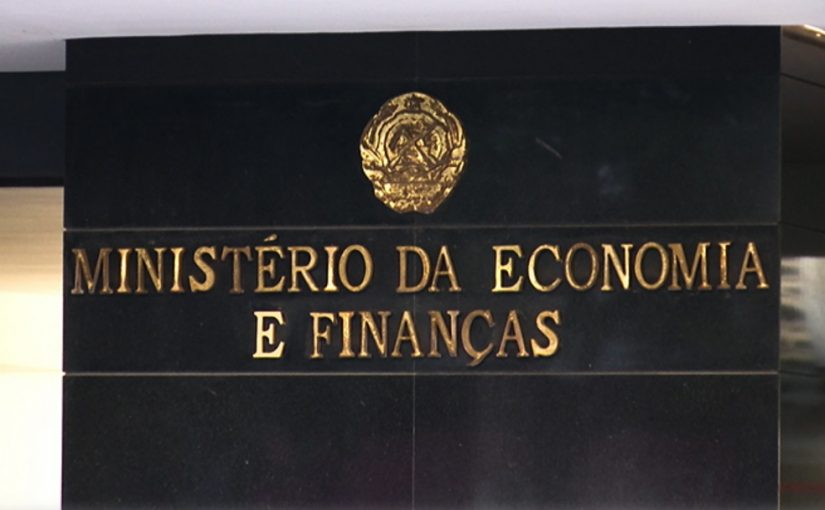Mozambique: Administrative Tribunal audit criticises Housing Development Fund
Mozambique State revenues rise 11.5% in first nine months of 2024, while expenditure grows less

File photo: O País
Revenue collected by the Mozambican state in the first nine months of the year grew 11.5% compared to the same period in 2023, to almost 259,152 million meticais (€3,730 million), more than the growth in expenditure.
According to budget execution data to which Lusa had access on Monday, the collection of current revenue by the state reached 68.6% of the target set by the government for 2024 in this three-quarter period. In the same period in 2023, this revenue represented 66.6% of the forecasts for the entire year, reaching 232,483 million meticais (€3,346 million).
Operating expenses, according to the balance sheet of the Economic and Social Plan and State Budget for the period from January to September 2024, reached almost 247,945 million meticais (€3,569 million), an increase of 1% compared to the same period in 2023, when they totalled 237,413 million meticais (€3,417 million) in nine months.
In nine months, 73% of the amounts budgeted by the government for expenditure in that period were executed, which amounted to 339,524 million meticais (€4,887 million), while in the same period in 2023 this rate reached 74.9% of the 316,918 million meticais (€4,561 million) forecast.
The International Monetary Fund (IMF) acknowledged in July that reducing spending on salaries for Mozambican civil servants was proving “more difficult than expected”, warning of the “heavy burden” on public finances.
“Reducing spending on the wage bill has been more difficult than expected,” stated an IMF report on the fourth review of the Extended Credit Facility (ECF) programme, completed in July and previously reported by Lusa, which pointed to “problems” in the “implementation of a single and complex salary scale”.
These difficulties in implementing the reform, the IMF pointed out, resulted in slippages of 3.3% of gross domestic product (GDP) in 2022. In 2023, the weight of the wage bill fell to 15.1% of GDP, compared to 16.1% in 2022, but remained above the budgetary limit set at 13.8% of GDP.
“Wage expenditure represents a heavy burden on public finances — equivalent to 72% of tax revenues in 2023,” the IMF document warned, noting that this volume of expenditure limits the state’s spending on social support and other development needs.
“Although determined actions helped to reduce the wage bill by 1.3 percentage points of GDP in 2023, it fell short of the planned three percentage point reduction planned in the 2023 budget, partly due to pressures to increase subsidies in the health sector,” it said.













Leave a Reply
Be the First to Comment!
You must be logged in to post a comment.
You must be logged in to post a comment.